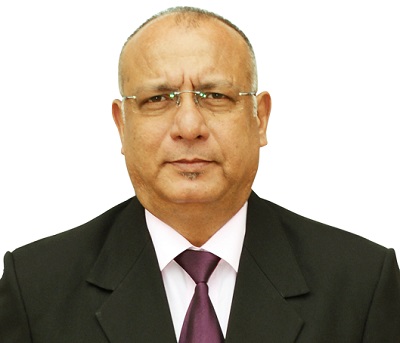Manufacturers adopt survival strategies amid worsening environment – Report
The Manufacturers Association of Nigeria has said that unemployment and the business climate of manufacturing firms worsened in the second quarter of the year.
The association stated this in its “Manufacturers CEO’s Confidence Index,” in which it noted that its members had to resort to adopting survival strategies to improve production.
The Manufacturers CEO’s Confidence Index of the Manufacturers Association of Nigeria is a quarterly research and advocacy publication of the Association, which measures changes in pulse of operators and trends in the manufacturing sector quarterly, in response to movements in the macroeconomy and government policies, using primary data mined through direct survey on over 400 Chief Executive Officers of MAN member-Companies.
According to the report, the Aggregate MCCI score increased to 54.6 points in the second quarter of 2022 from 53.9 points in the first quarter of the year.
It also noted that the increase in the aggregate index score was attributed to the feedback on the anticipated improvement in business condition, employment condition and production level in the second quarter of the year.
The report read in part, “Noteworthy, is the fact that business conditions in the quarter under review were more challenging than what obtained in the first quarter of the year just as employment conditions worsened. Nevertheless, the operating environment in the quarter under review was fairly better than the condition in the preceding quarter due to compelling adjustments made by Government, manufacturers and households in response to general increase in price, forex shortage, increasing cost of energy, scarcity of raw materials and many more, thrown up by the war in Europe.”
According to the MAN, observations from analysis on industrial zones activities showed that the operating environment in the zones within the Middlebelt and Rivers/Bayelsa zone was the toughest during the quarter under review.
In 2022 alone, manufacturers have faced severe foreign exchange scarcity, which has forced many firms out of business. The central bank has raised the Monetary Policy Rate from 11.5 to 14 per cent, and the prices of diesel and gas have skyrocketed due to the Russia-Ukraine war.
According to the CEO report, “The effect of the Russian-Ukrainian war clearly underscored the popular maxim that the world has become a global village. The occurrence of an incident in a part of the world, notwithstanding how specific we may think, can actually become a global issue.
“Therefore, apart from the need for ardent management of global peace, the series of global occurrences and the lessons learnt demand that national Governments should begin to take drastic measures to manage these phenomena proactively going forward. Undoubtedly, phenomena such as the China-America trade war, the Asian and Global Financial crises, the challenges thrown up by COVID-19 pandemic and now, the Russian-Ukraine war call for the development of sustainable national anticipatory policy measures.”
Tags:








